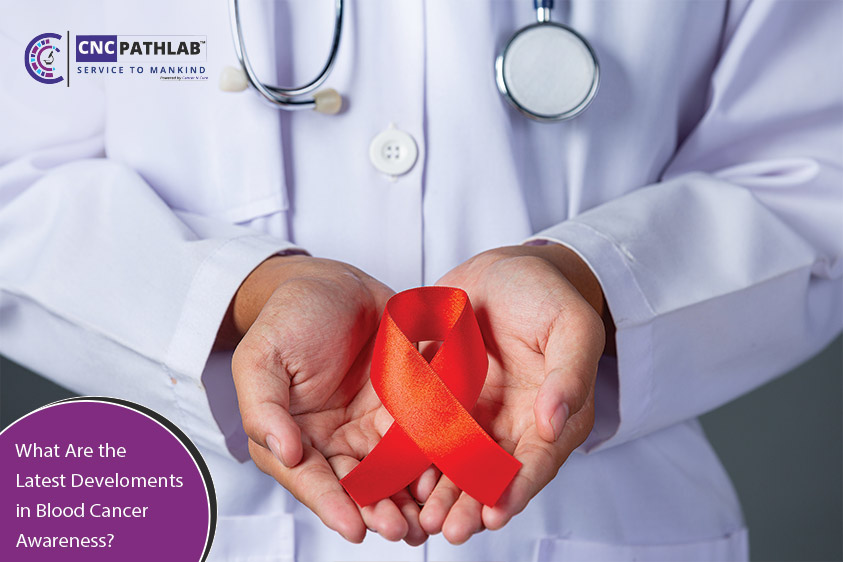Why it is essential to have a Blood Test
Let's talk about why you should have a blood test on a regular basis. Routine tests at regular intervals can let a person see how their body develops over time, allowing them to make more informed decisions about their health and lifestyle. Before Proceeding further, We should know
What is a Blood Test?
A blood test is a laboratory analysis of a blood sample taken from an arm vein using a hypodermic needle or a finger prick. Multiple tests for specific blood components, such as a glucose or cholesterol test, are frequently bundled into a single test panel known as a blood panel or blood work. Blood tests are commonly used in health care to diagnose physiological and biochemical conditions such as disease, mineral content, medicine effectiveness, and organ function. A basic metabolic panel or a complete blood count are two common clinical blood panels. Blood tests are frequently used to detect drug usage in drug tests.
A sample of your blood, urine, or body tissues is tested in a laboratory. The test samples are analyzed by a technician or your doctor to see if your findings are within the usual range. Because what is normal varies from person to person, the tests employ a range. Test outcomes are influenced by a variety of circumstances.
- Help diagnose certain diseases and conditions
- Monitor a chronic disease or condition, such as diabetes or high cholesterol
- Find out if treatment for a disease is working
- Check how well your organs are working. Your organs include your liver, kidneys, heart, and thyroid.
- Help diagnose bleeding or clotting disorders
- Find out if your immune system is having trouble fighting infections
What are the different types of blood tests Lab?
There are many different types of blood tests. Common ones include:
Complete blood count (CBC). This test measures different parts of your blood, including red and white blood cells, platelets, and hemoglobin. A CBC is often included as part of a regular checkup.
Basic metabolic panel. This is a group of tests that measure certain chemicals in your blood, including glucose, calcium, and electrolytes.
Blood enzyme tests. Enzymes are substances that control chemical reactions in your body. There are many types of blood enzyme tests. Some of the most common types are troponin and creatine kinase tests. These tests are used to find out if you've had a heart attack and/or if your heart muscle is damaged.
Lipid panel
This test checks levels of two Trusted Source of cholesterol:
- high-density lipoprotein (HDL), or “good” cholesterol
- low-density lipoprotein (LDL), or “bad” cholesterol
HDL is “good” because it removes harmful substances from your blood and helps the liver break them down into waste. LDL is “bad” because it can cause plaque to develop in your arteries, increasing your risk of heart disease.You may need to fast for at least 8 hours before this test.
Thyroid panel
A thyroid panel, or thyroid function test, checks how well your thyroid is producing and reacting to certain hormones, such as:
- Triiodothyronine (T3). Along with T4, this regulates your heart rate and body temperature.
- Thyroxine (T4). Along with T3, this regulates your metabolism and how you grow.
- Thyroid-stimulating hormone (TSH). This helps regulate the levels of hormones your thyroid releases.
Your thyroid is a tiny gland in your neck. It helps regulate bodily functions like your mood, energy level, and overall metabolism.
Here are normal results:
- T3: 80–180 nanograms per deciliter of blood (ng/dL)
- T4: 0.8–1.8 ng/dL in adults.
- TSH: 0.5–4 milli-international units per liter of blood (mIU/L)
Abnormal levels of these hormones can indicate numerous conditions, such as:
- low protein levels
- thyroid growth disorders
- abnormal levels of testosterone or estrogen
Blood tests to check for heart disease. These include cholesterol tests and a triglyceride test.
What happens during a blood test Lab?
A health care provider will need to take a sample of your blood. This is also called a blood draw. When a blood draw is taken from a vein, it's known as venipuncture.
During venipuncture, a lab professional, known as a phlebotomist, will take a blood sample from a vein in your arm, using a small needle. After the needle is inserted, a small amount of blood will be collected into a test tube or vial. You may feel a little sting when the needle goes in or out. This usually takes less than five minutes.
Venipuncture is the most common way to do a blood test. Other ways to do a blood test are:
- A finger prick test. This test is done by pricking your fingertip to obtain a small amount of blood. Finger prick testing is often used for at-home test kits and rapid tests. Rapid tests are easy to use tests that provide very fast results and require little or no special equipment.
- A heel stick test. This is most often done on newborns. During a heel stick test, a health care provider will clean your baby's heel with alcohol and poke the heel with a small needle. The provider will collect a few drops of blood and put a bandage on the site.
- Arterial blood test. This test is done to measure oxygen levels. Blood from arteries has higher levels of oxygen than blood from a vein. So for this test, blood is taken from an artery instead of a vein. You may feel a sharp pain when the provider inserts the needle into the artery to get the blood sample.

.jpg)
.jpg)


.jpg)
